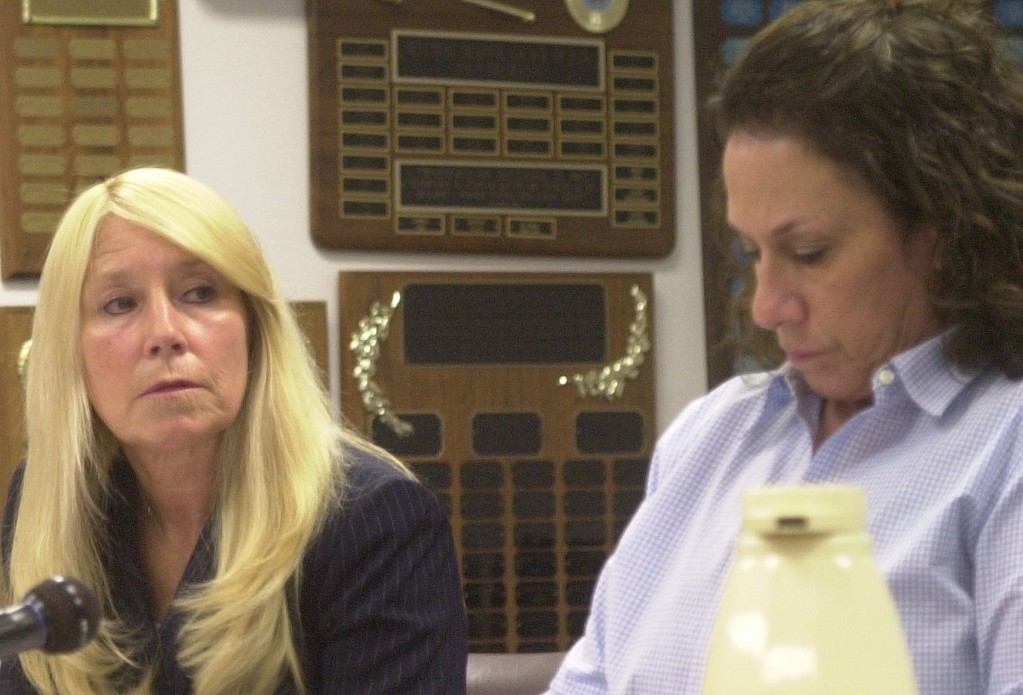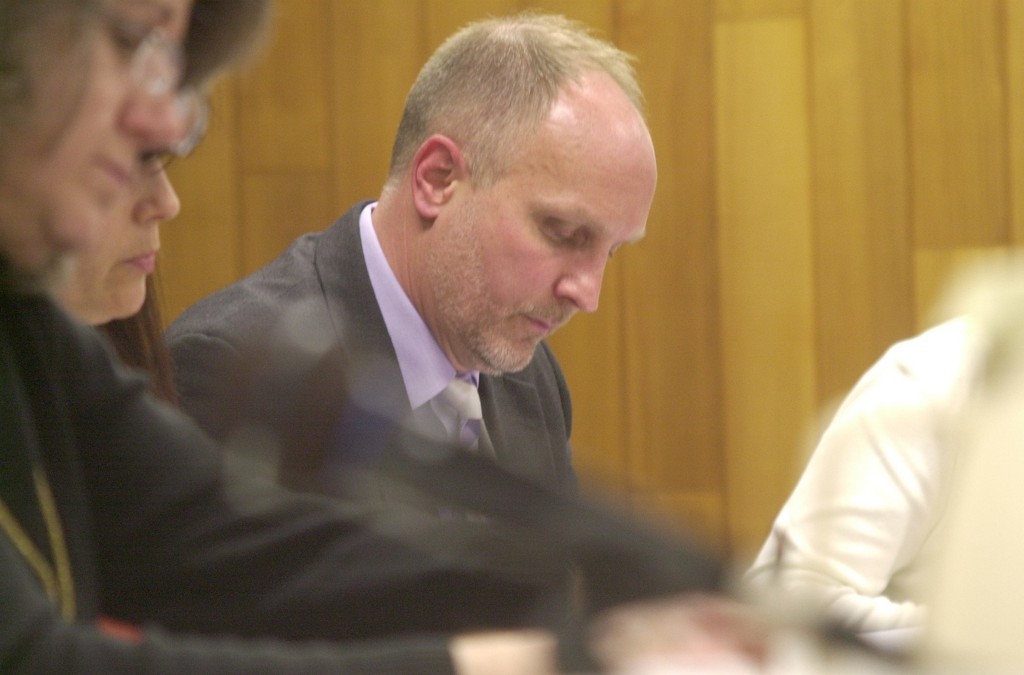Central officials: District must cut $11M in four years
Bellmore-Merrick plans to lay off at least 25 staff members next year to meet tax-levy cap
The Bellmore-Merrick Central High School District must slash an estimated $11 million over the next four years to meet New York state’s recently imposed 2 percent property-tax levy cap, said Cynthia Strait-Regal, the district’s assistant superintendent for business, at a Feb. 29 Board of Education meeting.
School officials said, privately and publicly, that such a cut could devastate the district’s academic and extracurricular programs.
Bellmore-Merrick’s 2012-13 spending plan is projected to rise 1.5 percent above this year’s budget, from $131 million to $133 million. To abide by the cap on the property-tax levy –– the total amount that the district must collect in taxes to meet expenses –– Bellmore-Merrick is slashing $1.8 million in expenditures next school year. District officials have already come up with $1.2 million in cuts, with more than $600,000 in reductions still to go.
Savings are, in part, being achieved by reducing staff, including:
•Six administrators
•Eight teachers
•Three permanent substitute-teachers
•Six maintenance workers
•All department assistants.
In addition, Strait-Regal said, the district must “shrink” extracurricular activities in 2012-13, although she did not say precisely how.
To meet the cap over the next four years, Strait-Regal said, the district must keep budget increases below 1 percent, which she called unsustainable without greater state aid, which would help the district reduce its tax levy.
Strait-Regal said the district could put up a budget that exceeds the tax-levy cap, but 60 percent of voters would have to say “yes” to the spending plan in order for it to pass, according to the property-tax cap law that Governor Cuomo signed last June. Before the cap, districts needed a simple majority –– 50 percent of the vote plus one –– to pass a budget. Now, if a district puts up a budget that meets the cap, it needs a simple majority to pass the spending plan, rather than a super-majority. If a district puts up a budget that fails twice, it cannot increase spending over the current year’s budget.

 50.0°,
Overcast
50.0°,
Overcast 







